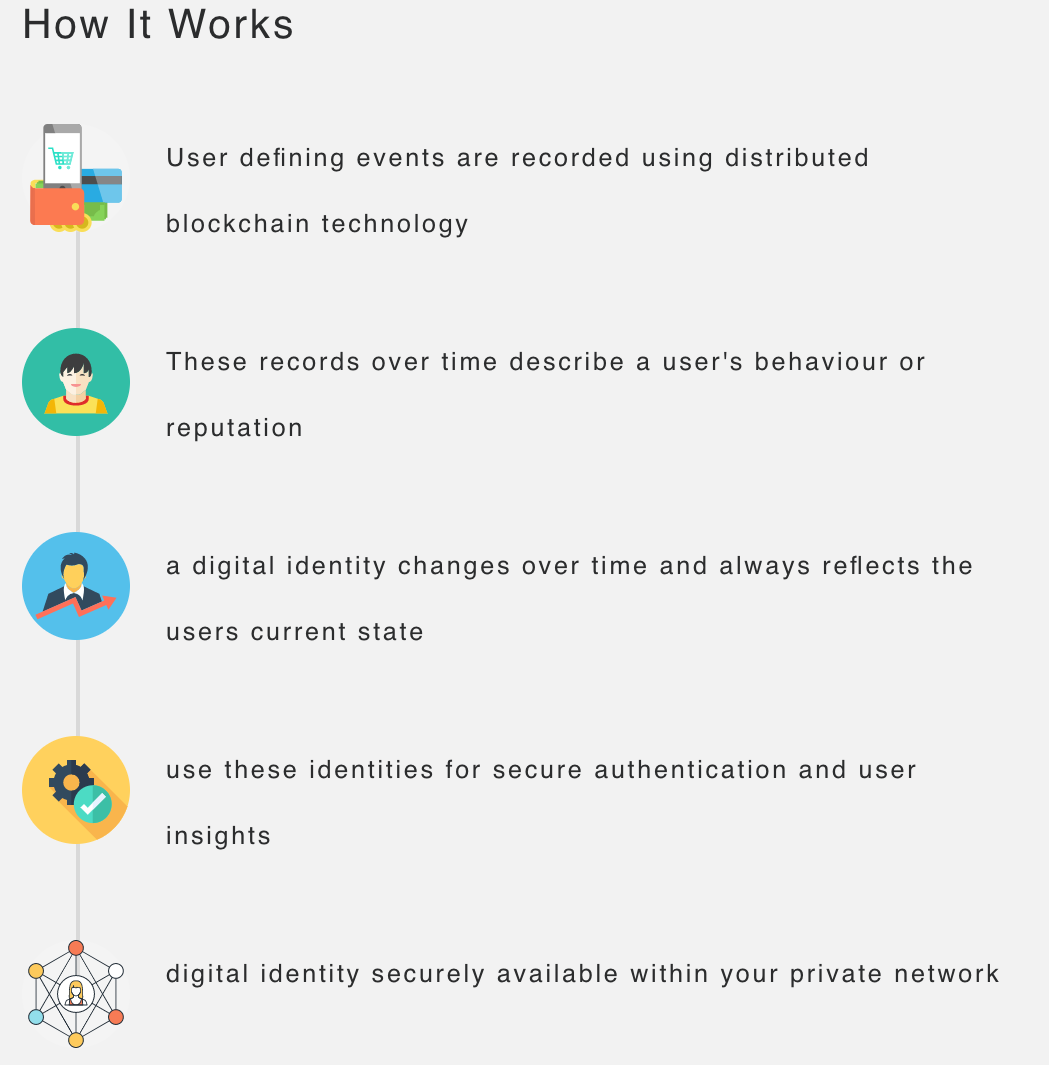Distributed Identity (DIID), the company that won Blockchain Education Network’s (BEN) June 2016 hackathon has just signed a deal with the China-based anti-fraud, risk-control company Tong Dun that is currently headquartered in Hangzhou Zhejiang, China.
On June 29, 2017 Distributed Identity secured a research and development contract valued at $200,000 with the mobile-payment fraud detection and prevention company Tong Dun. Tong Dun has commissioned DIID to create a network of interacting nodes to transfer identity information, rather than money. Under the contract, DIID will explore decentralized methods of information transfer that eliminate the inefficiencies of the current identification systems.
At present, there is no standard protocol to dictate how companies handle and store identity information. Because of this, many companies spend $60 mln to $500 mln a year to create and maintain their own identification management systems. Because all this information is stored in a centralized database, companies make themselves vulnerable to hacking.
Merrick Read, CTO & Co-Founder of DIID, said: “Digital identity needs a standard like what we see with online credit card payments.” He points out that recent data breaches have exposed personal information and weakened the trust between consumers and businesses. Read argues that “Identities should be a powerful and secure tool, instead of the security threat we see today.”
DIID has designed an API they hope will eventually become the industry standard for dealing with identity data. They have also designed a decentralized network of interacting nodes which will greatly reduce the threat from hackers. Since identity information will no longer be stored in a centralized database, the threat of data breaches will be lessened.
To accomplish this, DIID has been working with 20 mln Tong Dun users to evaluate their network’s performance and ability to scale. DIID has devised three specific solutions:
1. The first solution is real-time alternative credit rating and scoring based on mobile spending behavior,
2. The second is passive multi-factor authentication protocols. This is similar to two-factor authentication (2FA), but aims to provide a seamless user experience at a higher level of security, and
3. A secure data co-modelling environment for non-trusting parties to collaborate on user segment and identity models.
In layman’s terms, this is how it works:

DIID’s system has many other practical applications. Duncan Brown, CEO and Co-Founder of DIID, said: “DIID can be used in situations where two large retail companies want to put their user bases together to determine how to improve marketing. Each user base is kept private while the analytics engine displays the combination of the two.”
If the company is able to reach all of their goals and milestones, DIID is expected to be valued at $20 mln after their initial Research and Development project with Tong Dun.
